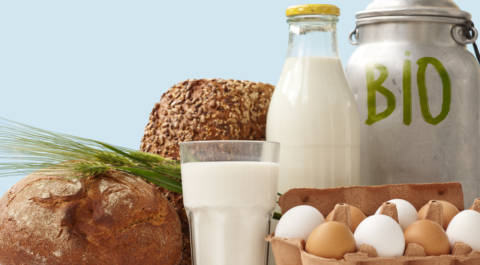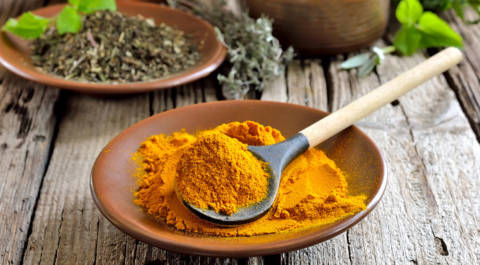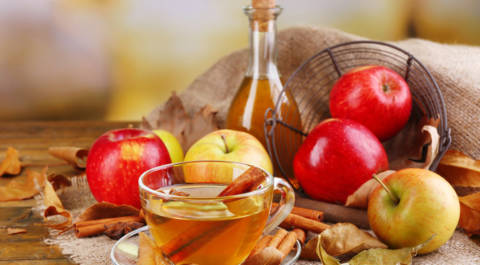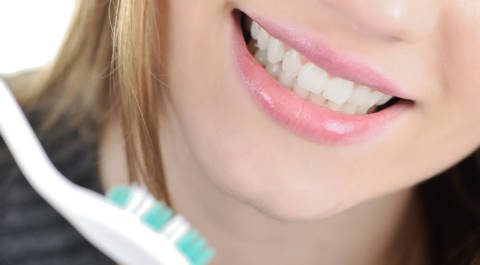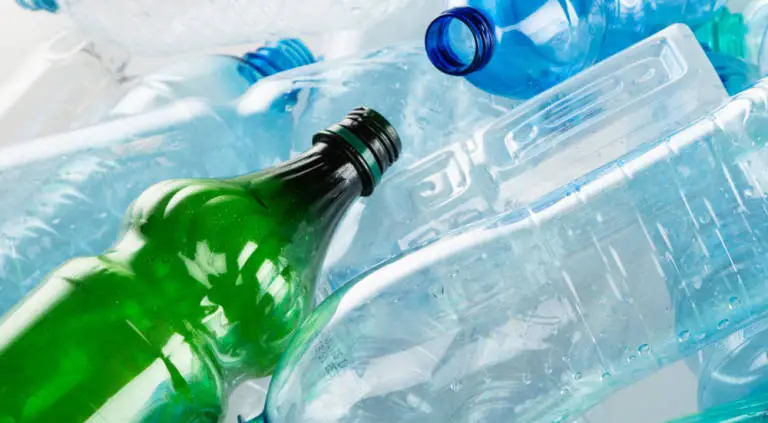
As the population of the world grows, the output of trash steadily increases. The oceans are already polluted with dense fields of waste, most of it being non-biodegradable plastics. The first step to combating this epidemic is changing our behavior, specifically our purchasing power. Next time you reach for a drink, what will you choose: plastic, aluminum, or glass?
Like Organic Soul on Facebook
It’s important to realize there is no one perfect solution; every option comes with its own set of pros and cons. That said, let’s see how our options stack up. Perhaps we can come up with some kind of conclusion!
Plastic
Plastic is an unbelievably useful material in the world today. Plastics and polymers are used in aerospace technology, medicine, and construction – and that’s just the beginning. However, while this material is extremely versatile and useful in its application, the fact remains that it is built by connecting molecules of monomer raw material, specifically derived from sources such as petroleum, natural gas, and coal. Renewable? Unfortunately, no.
Here are some unsettling statistics:
- 2,480,000 tons of plastic bottles and jars were disposed of in 2008 (ReUseit.com):
- Somewhere between 500 million to 1 trillion plastic bags are consumed each year. (NatGeo)
- 40 billion use-and-toss plastic utensils are consumed every year in the U.S alone (Worldcentric.org):
- Some plastic, notably the ones with a #7 recycling sign, contains Bisphenol-A, a potentially harmful chemical for humans.
There are some alternatives, however. PETE or PET plastic, marked with a #1, are light weight, sturdy, fully recyclable, phthalates-free, don’t leach chemicals, and requires less energy to produce and ship. If you’re using plastic, go for bottles using this type of material. Then again, while it is better than other plastics, you should still avoid “one-time use” of anything plastic.
Aluminum
Aluminum, like plastic, is a popular material for drink containers. Similarly, just like plastic, it has a number of pros and cons. First, aluminum is lightweight, easy to mold, easy to cut, and is recyclable at a much smaller cost of energy than the original production; in fact, a recycled can will be back on the shelves in 60 days, on average. That being so, let’s hear about the cons as well.
- Aluminum is, at first, difficult and expensive to refine.
- Aluminum, just like other containers, takes up space and thus fills our landfills.
- Aluminum can take long periods to degrade.
Glass
So, how about glass? Glass is also a staple of modern life, and its use is sure to be continued. What are some benefits of glass? First, if done properly, it is theoretically infinitely recyclable. On top of that, it can be manufactured to be chemically inert. We make it from 100 natural resources, and, overall, it is better for one’s health and the environment. Any downfalls? You betcha.
- In manufacturing, “air-polluting compounds like nitrogen oxides, sulfur dioxide and particulates are released.” (Softpedia)
- Particles of metals, chemicals, acids and dust are able to “easily enter the nose and throat and reach the lungs, where they produce quite some damage.” (Softpedia)
- Glass is heavier, leading to higher CO2 emission in transport.
- Glass is also very brittle, meaning it is more prone to breaking and requiring replacement.
Which is the best?
“The best” here depends on how you look at it. There are certainly pros and cons to each, but, if one had to choose, the best choice may be a safe, reusable plastic bottle (PETE). The trick here is not to produce any recyclable waste – with one good container, you won’t need to buy anymore!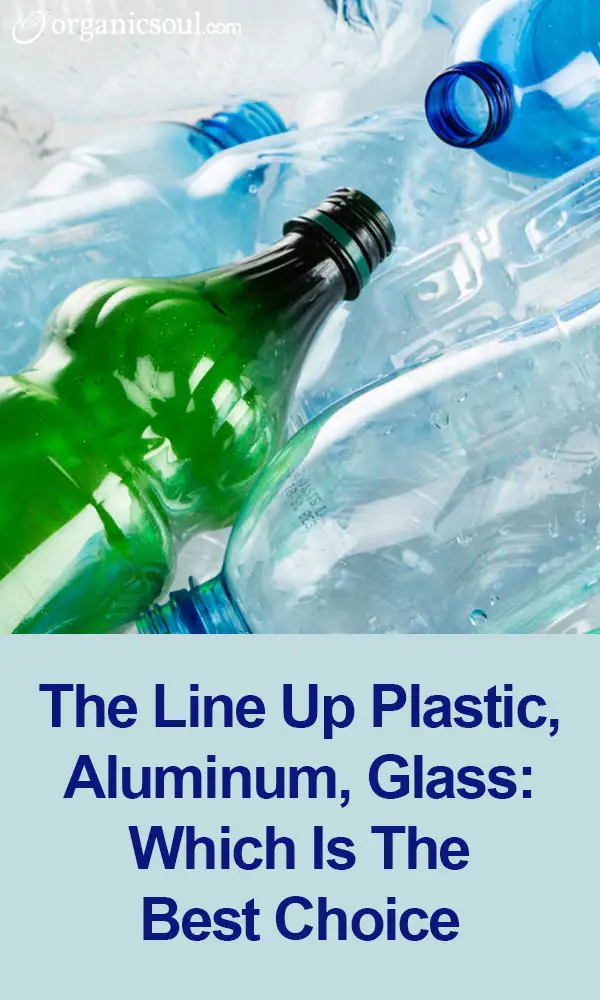
Despite the perks of the safe plastics, some people argue glass is still the best choice. You may hear people say it help the drink taste better, and, because of the chemical free nature, it is all around healthier. Having a good glass bottle with some kind of protective sleeve trumps even the safe plastic bottle. Plus, because it is so brittle, glass degrades much faster, making it the best choice for the environment.
The jury is still out; however, while that may be so, the best option for now is to minimize use of any of the three!


